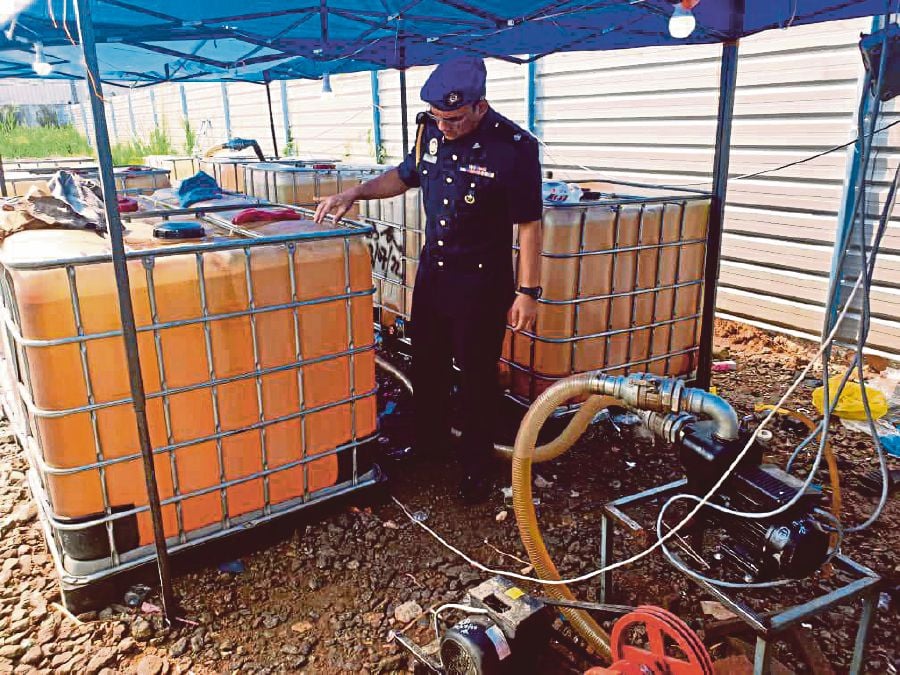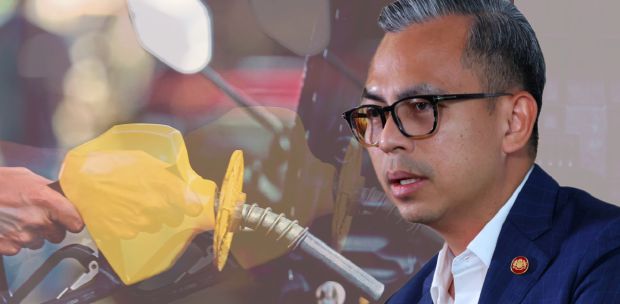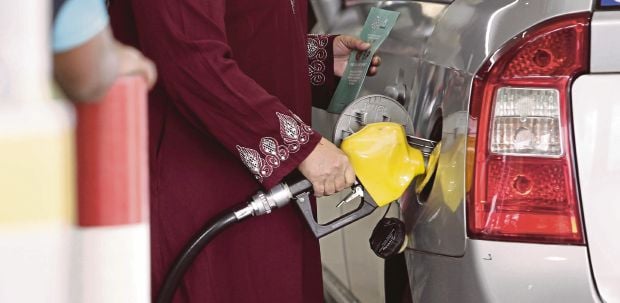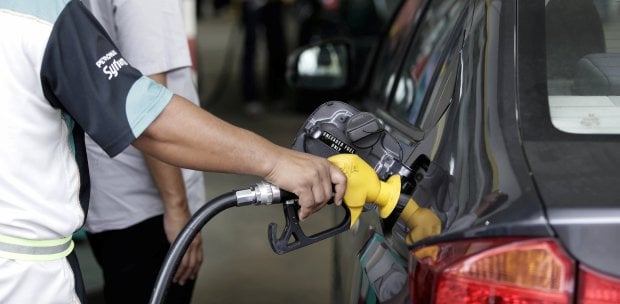There is much discussion on subsidies, especially the impact on the economy.
Who should enjoy subsidies also attracts differing views. More targeted subsidies have been proposed. Only those in true need of support should get subsidies.
There was a suggestion that those in the T20 group should not be given fuel subsidies.
But is it fair if all those earning above a certain level are considered T20?
Or is it better to also consider the disposable income level?
The most recent news is that the government is considering doing away with the B40, M40 and T20 groupings. A new formula is being worked out.
Whatever the views, most agree that subsidies are a burden on the economy.
A major chunk of the budget is allocated for subsidies. Not just for fuel but also food, cooking oil, public transport and more.
Leakages in the implementation are common. Motorists from across the border have been reported to also enjoy subsidised fuel.
Many are aware of the practice of smuggling subsidised cooking oil out of the country. This means our neighbours are also enjoying the subsidies.
And in the country, there have been cases of subsidised cooking oil channelled to industry players. They are not supposed to, by law.
It is not easy to tackle smuggling and the misappropriation of subsidised items.
Fuel subsidies have positive and negative aspects. They make energy more affordable for consumers, particularly low-income households.
This can alleviate the financial burden of transportation and heating costs, especially in regions where energy prices are high.
Subsidies can provide a safety net for vulnerable people by ensuring access to energy services.
They can help address energy poverty and protect people from the negative impact of high fuel prices.
Subsidies can stabilise fuel prices and reduce volatility in energy markets. This can have positive effects on economic stability and inflation.
Stable energy prices can support business operations and promote economic growth.
Subsidies can be used to boost energy security by reducing dependence on imported energy.
By supporting domestic production and consumption of fuel, subsidies can contribute to a more secure and reliable energy supply.
On the other hand, fuel subsidies impose a significant financial burden on governments, diverting funds from education, healthcare, infrastructure and social welfare.
This can strain public budgets, contribute to fiscal deficits, and limit resources available for essential services and investments.
Subsidies distort market signals and can lead to inefficient resource allocation.
They discourage energy conservation, disincentivise the development and adoption of renewable energy sources, and hinder the growth of a competitive energy market.
Subsidies for fossil fuels can increase energy consumption and greenhouse gas emissions, contributing to climate change and environmental degradation.
They can hinder the transition to cleaner and more sustainable energy alternatives, undermining efforts to mitigate climate change.
Fuel subsidies often benefit high-income individuals and industries more than low-income groups.
This can exacerbate income inequality and divert public resources away from programmes targeting social welfare and poverty alleviation.
To ensure a sustainable and equitable energy future, governments should carefully design and implement fuel subsidy policies, considering the potential negative impacts and explore alternative approaches, such as targeted support for vulnerable populations, investment in renewable energy, and energy-effi-ciency programmes.
As the climate crisis continues to hurt the world economy, experts view subsidising fossil fuels as counterproductive to net-zero aspirations.
Most developed economies tax their fossil-based fuel, not subsidise it.
Most resort to subsidies only to kick-start the deployment of renewables, such as solar, wind and biomass.
As a nation committed to the sustainability agenda, it is time we rethought the mechanism for subsidised fuel.
We should take action before the fuel subsidy mentality turns addictive.
* The writer is a professor at the Tan Sri Omar Centre for STI Policy, UCSI University





